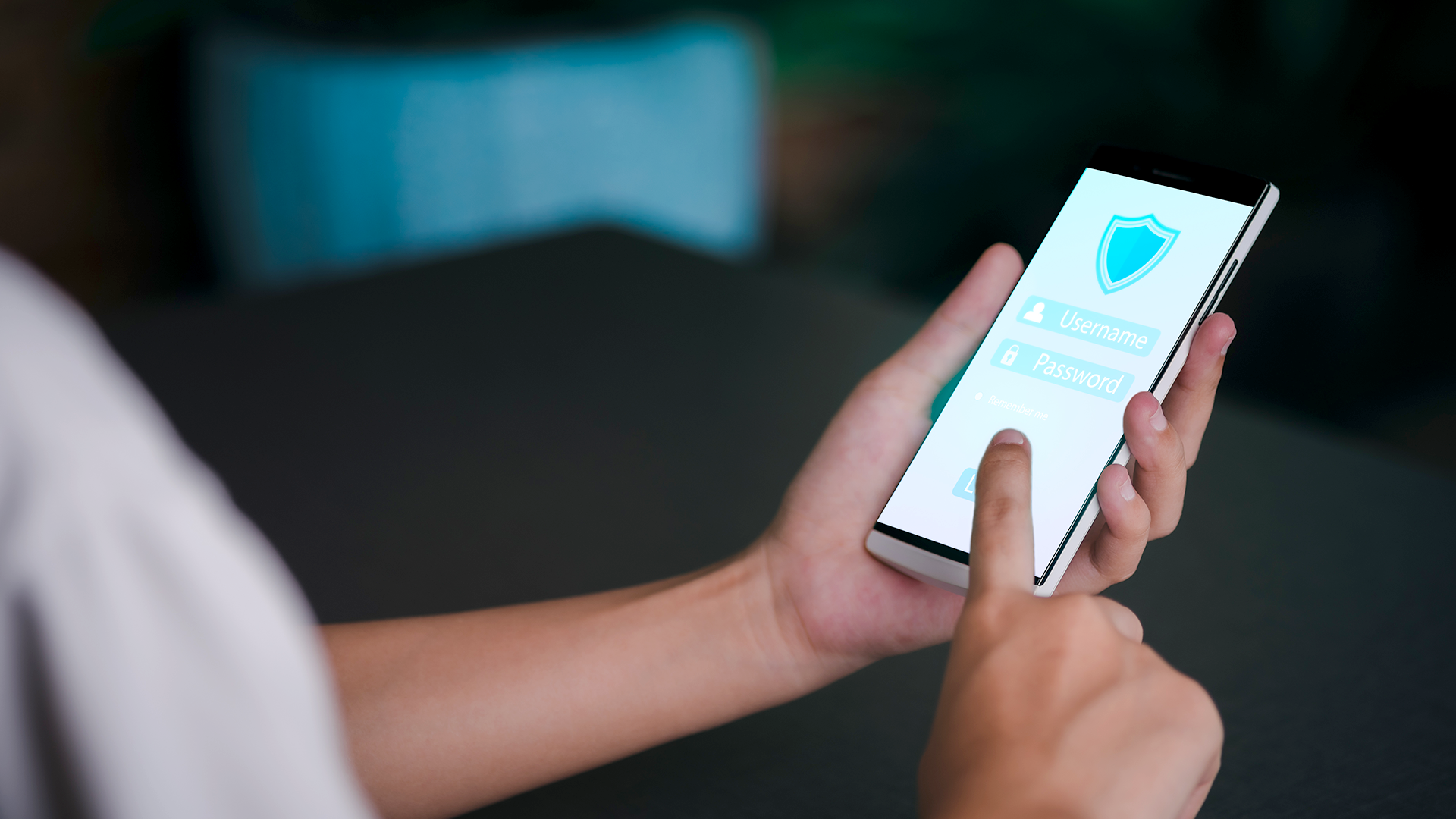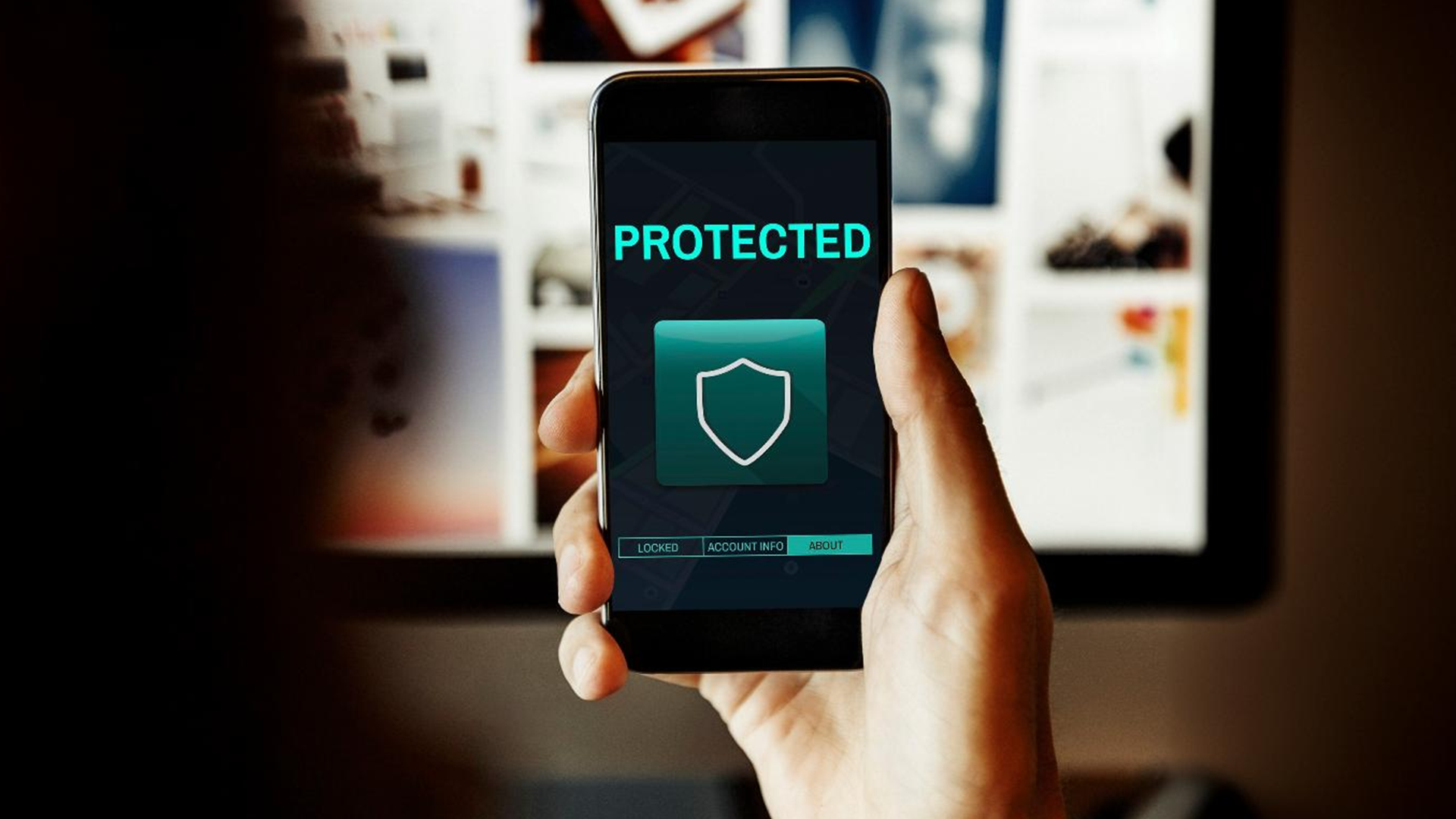
Thank you
Our team of industry domain experts combined with our guaranteed SLAs, our world class technology .


Get Immediate Help
In today’s hyper-connected world, our mobile devices hold more than just contacts and pictures—they’re hubs of personal and professional data. But as convenient as they are, they’re also attractive targets for cybercriminals. Among the myriad risks, zero-day vulnerabilities are some of the most dangerous threats in mobile device security.
This blog dives into what zero-day vulnerabilities are, why they matter, and how mobile security solutions can protect your devices from potential exploits.

Zero-day vulnerabilities refer to previously unknown security flaws in software or hardware that attackers exploit before the vendor is aware of them or has released a fix. The term "zero-day" indicates that developers have had zero days to address the vulnerability.
Unpredictability: Zero-day threats are difficult to detect as they exploit unknown flaws.
High Impact: Once discovered, these vulnerabilities can be used for massive data breaches or malware attacks.
Rapid Spread: Attackers can sell or share exploits on dark web marketplaces, increasing the threat surface.

Mobile devices are prime targets due to their widespread use and the vast amount of sensitive data they hold. Common risks include:
Malware Infections
Zero-day exploits can deliver malware to compromise device integrity.
Data Theft
Attackers can access sensitive information like banking details or personal messages.
Device Hijacking
Exploits can allow attackers to control devices remotely.
Operational Downtime
Businesses relying on mobile devices may face disruptions due to compromised systems.
Malicious Apps: Exploits often hide in seemingly legitimate apps downloaded from unofficial sources.
Insecure Wi-Fi Networks: Public networks are a breeding ground for attackers using zero-day vulnerabilities.
Outdated Software: Devices without regular updates are more susceptible to exploits.
Phishing Attacks: Zero-day exploits often accompany phishing schemes, tricking users into downloading malicious files.

1. Implement Mobile Security Solutions
Mobile security software provides real-time threat detection and zero-day exploit protection.
Look for solutions with behavioural analysis to detect anomalies that indicate zero-day threats.
2. Regular Security Patches and Updates
Ensure all apps and operating systems are updated to their latest versions.
Vendors often release patches to address known vulnerabilities—applying them promptly is critical.
3. Data Encryption Techniques
Encrypt sensitive data to protect it from unauthorised access.
Use end-to-end encryption for communication apps.
4. Endpoint Security for Mobile Devices
Endpoint protection monitors devices for suspicious activities and prevents malware execution.
5. Proactive Cybersecurity Measures
Use intrusion detection systems to monitor network traffic for zero-day exploits.
Conduct regular vulnerability assessments to identify potential risks.
6. Educate Users
Raise awareness about top mobile security threats, like malicious links and phishing scams.
Encourage the use of strong passwords and multi-factor authentication (MFA).
7. Mobile Security Incident Response
Develop an incident response plan to quickly address and contain zero-day attacks.
Partner with cybersecurity experts to investigate and remediate vulnerabilities.
Addressing zero-day vulnerabilities requires a combination of technology, processes, and awareness. Here’s how a multi-layered strategy works:
Threat Detection and Prevention
Use AI-driven tools to identify and block exploit attempts.
Security Hardening
Reduce the attack surface by securing apps, APIs, and device configurations.
Continuous Monitoring
Keep an eye on network and device activities to detect signs of compromise.
Timely Patching
Work with vendors to ensure patches are applied promptly.
Secure Development Practices
Follow secure coding guidelines to minimise vulnerabilities during app development.
Fraud Prevention Solutions
Use advanced analytics to detect fraudulent activities in real time.
Protect Your Phone from Malware
Avoid downloading apps from unofficial sources.
Use antivirus software to scan for malicious apps.
Data Encryption and Backup
Encrypt sensitive data and maintain regular backups to recover from attacks.
Zero-Day Attack Prevention
Partner with trusted cybersecurity providers for advanced protection.
For organisations facing zero-day vulnerabilities in mobile device security, the following Microminder Cybersecurity (CS) services can be instrumental in addressing and mitigating risks:
1. Mobile Threat Defence (MTD) Solutions
How It Helps: Detects and neutralises zero-day exploits targeting mobile devices by using behavioural analysis and real-time threat intelligence.
Benefit: Provides proactive protection against emerging threats, ensuring mobile devices remain secure.
2. Endpoint Detection and Response (EDR) Services
How It Helps: Monitors endpoint activities to detect and respond to anomalies caused by zero-day vulnerabilities.
Benefit: Quickly identifies and isolates compromised devices, preventing the spread of malware or data breaches.
3. Vulnerability Assessment and Penetration Testing (VAPT)
How It Helps: Identifies potential vulnerabilities in mobile applications, devices, and APIs that could be exploited by zero-day attacks.
Benefit: Reduces the attack surface by proactively addressing security gaps before attackers can exploit them.
4. Threat Intelligence and Hunting Services
How It Helps: Provides actionable insights into emerging zero-day threats and actively hunts for vulnerabilities within your mobile ecosystem.
Benefit: Strengthens defences by identifying threats before they materialise into active exploits.
5. Managed Detection and Response (MDR)
How It Helps: Offers 24/7 monitoring for mobile devices, detecting and responding to zero-day attacks in real-time.
Benefit: Minimises the impact of exploits through rapid containment and remediation.
6. Mobile Security Incident Response Services
How It Helps: Provides expert assistance in containing and resolving zero-day attacks targeting mobile devices or applications.
Benefit: Reduces downtime and ensures quick recovery from security incidents.
7. Data Loss Prevention (DLP) Services
How It Helps: Monitors and controls the flow of sensitive data on mobile devices, preventing unauthorised access or exfiltration.
Benefit: Protects business-critical information even if a zero-day exploit occurs.
8. Security Architecture Review Services
How It Helps: Evaluates the design and configuration of mobile device security frameworks to identify potential weaknesses.
Benefit: Ensures a robust and resilient security architecture capable of defending against zero-day threats.
9. Compliance Gap Analysis
How It Helps: Ensures mobile security practices align with industry regulations and standards, such as GDPR, PCI DSS, and HIPAA.
Benefit: Reduces regulatory risks and builds trust with customers and stakeholders.
10. Proactive Cybersecurity Training
How It Helps: Educates employees on recognising and responding to phishing attempts, malicious apps, and other vectors for zero-day exploits.
Benefit: Empowers employees to act as a first line of defence against cyber threats.
By leveraging these services, organisations can create a comprehensive defence strategy to tackle zero-day vulnerabilities, ensuring robust mobile device security and a secure operational environment.
Zero-day vulnerabilities are among the most challenging threats in mobile device security, but they’re not insurmountable. With proactive measures like regular updates, encryption, and advanced mobile security solutions, businesses and individuals can mitigate the risks.
Don’t wait for a breach to happen—secure your mobile devices today to protect your data, reputation, and operations.
Don’t Let Cyber Attacks Ruin Your Business
Call
UK: +44 (0)20 3336 7200
KSA: +966 1351 81844
UAE: +971 454 01252
Contents
To keep up with innovation in IT & OT security, subscribe to our newsletter
Recent Posts
Penetration Testing | 10/11/2025
Cloud Security | 07/11/2025
Cybersecurity | 06/11/2025
What are zero-day vulnerabilities?
Zero-day vulnerabilities are unknown flaws in software or hardware that attackers exploit before developers can patch or fix them.Why are zero-day vulnerabilities so dangerous?
These vulnerabilities are highly dangerous because they are unknown to the vendor, leaving systems unprotected until a patch is released. Attackers often exploit these flaws to cause significant damage before detection.How can zero-day vulnerabilities affect mobile device security?
Zero-day vulnerabilities can lead to malware infections, data breaches, unauthorised access, and even device control by attackers, compromising personal and business data.What is a zero-day exploit?
A zero-day exploit is a specific attack that takes advantage of a zero-day vulnerability to compromise a system or application.How do I protect my mobile device from zero-day attacks?
Keep your device’s software and apps updated. Use mobile threat defence tools. Avoid downloading apps from untrusted sources. Enable real-time monitoring and security alerts.